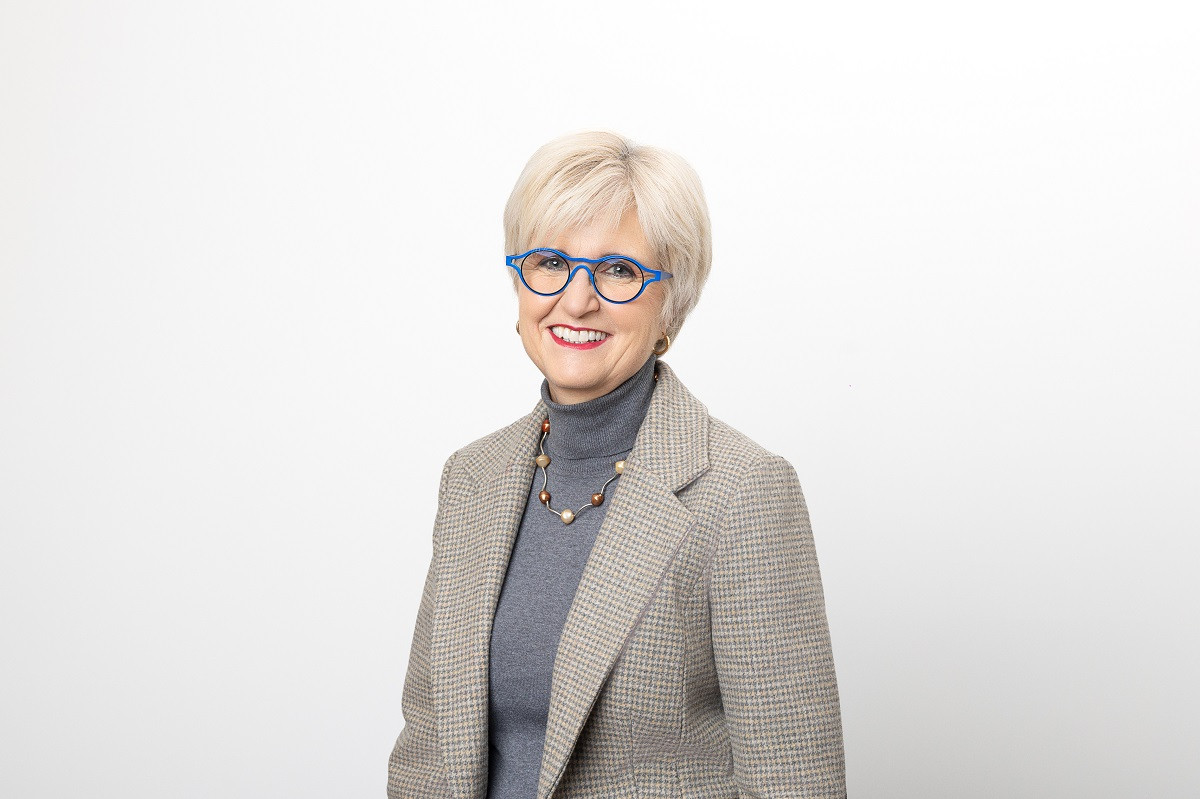On 17 October 2025, EIGE Director Carlien Scheele puts tackling gender stereotypes for gender equality on the table to Ministers of Equality in an EPSCO Council meeting under the Danish Presidency.

Good morning dear ministers, dear colleagues,
Thank you for this invitation. I’m delighted to be amongst you all today.
And thank you to the Danish Presidency for putting a spotlight on gender stereotypes and bringing together Ministers working on equality.
Firstly, whenever we talk about the benefits of gender equality – of which there are many based on my Agency’s evidence – we often talk about how we thrive with gender equality.
Thrive as a society, as an economy – thriving to our collective and full potential - free from hinderances.
But to truly thrive, we must confront what stands in the way.
Tackling issues like violence against women, the gender pay gap, and persistent inequalities in unpaid care and decision-making is no easy task.
We cannot make real progress unless we loosen the firm grip that gender stereotypes have on them.
And here’s the tricky part about gender stereotypes and how we understand them.
They tend to be oversimplified generalisations and preconceptions about people – which are typically out of touch with complex realities. And yet, they have a powerful influence on how we see and treat each other.
They shape how we raise children, how we organise our labour markets, how we value care and who decides our future.
But. They are not biologically predetermined. They are socially constructed – and this means they can be changed. In fact, the public perceptions of gender roles in the 90s are very different to how we see them today. Which proves, change is entirely possible.
At my Agency, we reflected and analysed some results from two important 2024 Eurobarometer surveys: one on gender stereotypes broadly speaking and the other on gender stereotypes in terms of violence against women.
What we found is that we are worlds united and worlds apart.
In a time of deepening divide, it’s refreshing to start with what unites the EU.
We see an overwhelming agreement that gender equality is essential to ensure a fair and democratic society.
And I‘m very pleased to see that for the vast majority, university education or access to financial resources is not perceived as male privilege anymore.
We also see positive changes in men’s roles.
For example, more than 80% of women and men agree that taking parental leave is enriching for a father.
Societies are increasingly recognising that care is not solely a woman’s responsibility – which we see reflected in my Agency’s survey on care - showing that men in the EU are taking up more childcare responsibilities.
We have the Work-Life Balance Directive, the European Care Strategy and extensive policy attention given by Member States to thank for this positive evolution.
Now…where we are still divided…
Perceptions vary enormously across the EU. For example, the belief that a woman’s main role is to care for her home and family has a sharp range - from 10 % in one Member State to 74 % in another.
Blame and shame in sexual violence is also noteworthy. In some countries only 1 in 10 believe intoxicated women are partly responsible for what happens to her, in others, every second person does. This has a sharp and dark resonance with our EU Gender-based violence survey with Eurostat and FRA which shows one in three women experience sexual violence.
Dear ministers, dear colleagues,
Given these attitudes and numbers, we need to pay close attention to how stereotypes are passed on from one generation to the next.
If we discourage girls from engaging in mathematics, physics and engineering or boys from expressing their emotions, we are not nurturing their talents and skills – we are reinforcing rigid roles and expectations.
Equally, we need to keep a watchful eye on how stereotypes evolve in unexpected ways: on the one hand, younger generations are more open to men in caring roles and reject traditional views of women’s identities. Yet alarmingly, young men show greater tolerance for some violence, like economic abuse and online hate speech against women.
Ministers, colleagues,
The challenge is immense. But so is the opportunity. The evidence in your hands. We know that gender stereotypes are powerful drivers of inequality – but we also know they can be changed.
We can expect to dismantle stereotypes within a generation or two if we are willing to deconstruct what has been socially constructed.
As we look ahead, I want to flag that on 2 December we will release the 2025 Gender Equality Index – a tool for understanding the state of gender equality in the EU and Member States across all areas of life.
This year we have a revamped methodology which is more robust and comes with sharper data for what is a rapidly changing world. This will again give us the most comprehensive overview of where we stand in the EU – and it will help us measure whether our progress is resilient.
And this year we share fresh findings on gender stereotypes - shedding light on how persistent gender norms still shape our daily lives, choices, and opportunities.
I want to conclude by reaffirming that gender stereotypes are not a force of nature – they are shaped by society, by people – and so – we – can reshape them.
With determined action, political will, and evidence-based policy, we can loosen their grip, and open a path for women and men, girls and boys in all their diversity and life situations, to thrive equally - because when gender equality thrives, so does the EU.
Thank you.